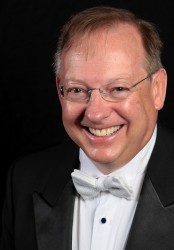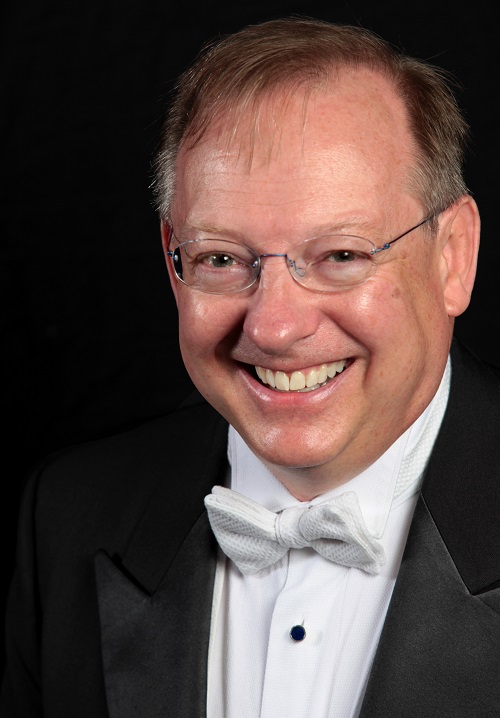 United States Respighi, Handel, Locatelli, Rossini, Stravinsky: Peter Richard Conte (organ), Philadelphia Orchestra / Nicholas McGegan (conductor), Verizon Hall, Kimmel Center, Philadelphia, 5.5.2018. (BJ)
United States Respighi, Handel, Locatelli, Rossini, Stravinsky: Peter Richard Conte (organ), Philadelphia Orchestra / Nicholas McGegan (conductor), Verizon Hall, Kimmel Center, Philadelphia, 5.5.2018. (BJ)

Respighi – Ancient Air and Dances for the Lute, Suite No.1
Handel – Organ Concerto in F major, Op.4 No.4
Locatelli – Concerto grosso in F major, Op.7 No.4
Rossini – Overture to La Cenerentola
Stravinsky – Suite from Pulcinella
On your way to hear (or, in American parlance, ‘to see’) a concert conducted by Nicholas McGegan, you can be sure of three things: that the experience will be artistically satisfying; that it will demonstrate a close familiarity with ‘Historically Informed’ performance practice; and that — unless the program consists exclusively of tragic or at least deeply serious works — it will be a lot of fun.
This particular concert lived up to all three such expectations (if perhaps, especially in the absence of one of the maestro’s convivial and often hilarious spoken introductions, the fun element was a shade less prominent than usual). It also ranged somewhat beyond McGegan’s habitual concentration on 18th-century repertoire. It would admittedly be stretching a point to regard the first and last works on the program, composed respectively in 1917 and in 1919-20, as 20th-century music: the Respighi is an affectionate reworking of pieces dating back to the 16th century, and the Stravinsky is a more radical transformation of music by Pergolesi, whose short life (a meager 26 years) was lived firmly within 18th-century bounds. But the Rossini overture took us forward to 1917, and so we were left with just the Handel and Locatelli concertos as authentic voices from the 18th century.
Those two works were accorded performances that combined crisp rhythm with warm string tone. Peter Richard Conte contributed a characteristically lively solo to the Handel. Here McGegan was emphatically and predictably in his element: asked in an interview some years ago to explain his passion for Handel, he responded, ‘He was so human — Bach is a bit too spiritual for me’ — a view of the matter with which, as an inveterate agnostic humanist, I confess I heartily concur, Bach being a great composer about God, and Handel being a great composer about men and women.
The Respighi suite exuded much of that far-too-often-underrated composer’s irresistible charm. The Stravinsky was quite sufficiently entertaining, with Nitzan Haroz let appropriately loose on the trombone’s rude interjections. That element in Pulcinella is certainly irreverent enough to raise a laugh from the audience. But it was the Rossini piece that—though it doesn’t rival the Gazza laddra overture’s sophisticated wit—came closest in my judgment to pure fun in the rousing performance that McGegan drew from the marvelous Philadelphia Orchestra.
Bernard Jacobson
